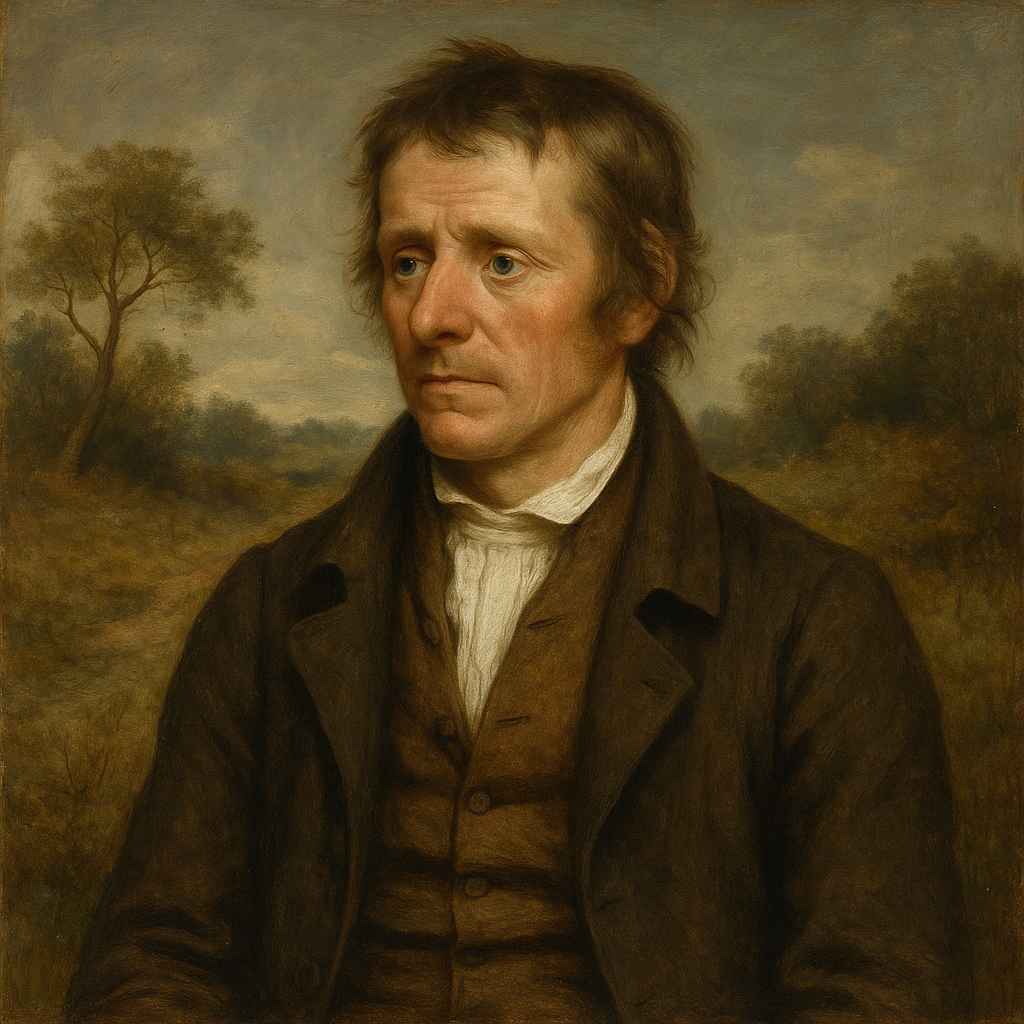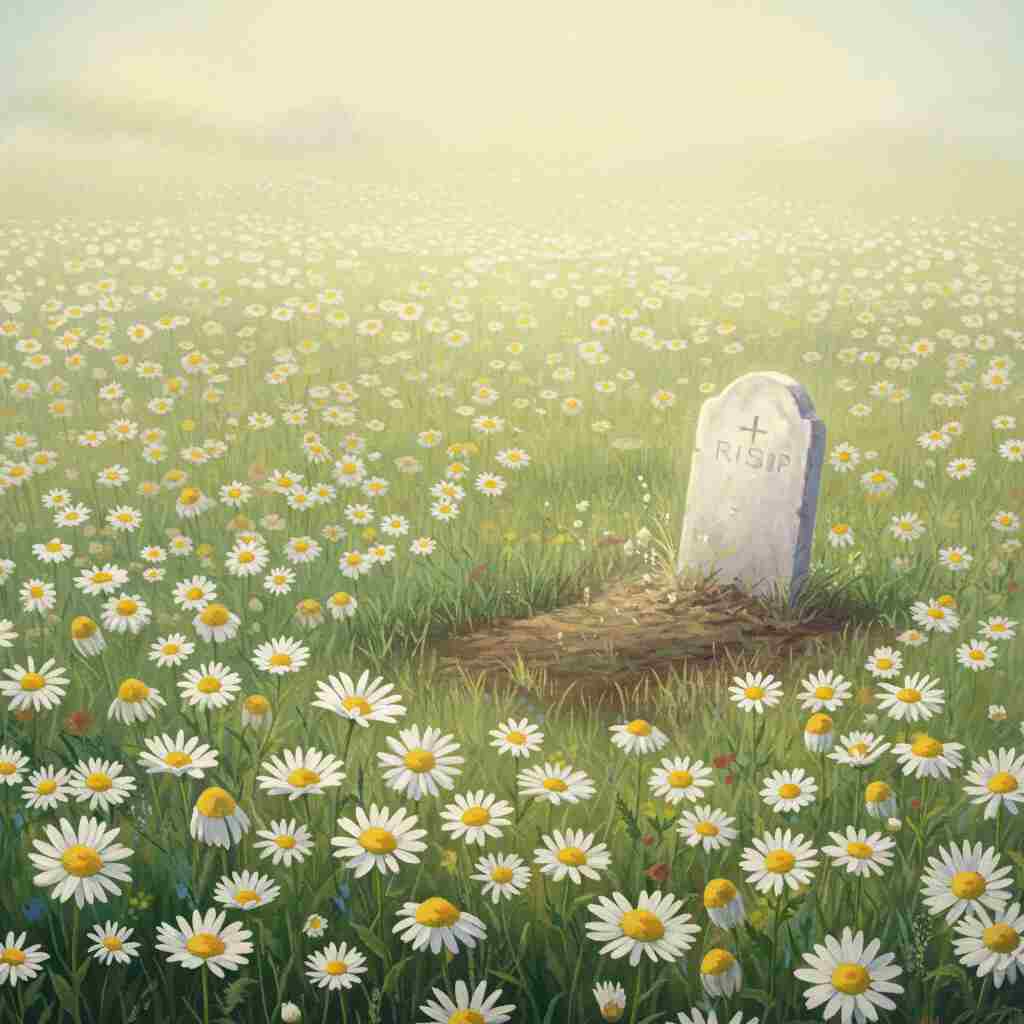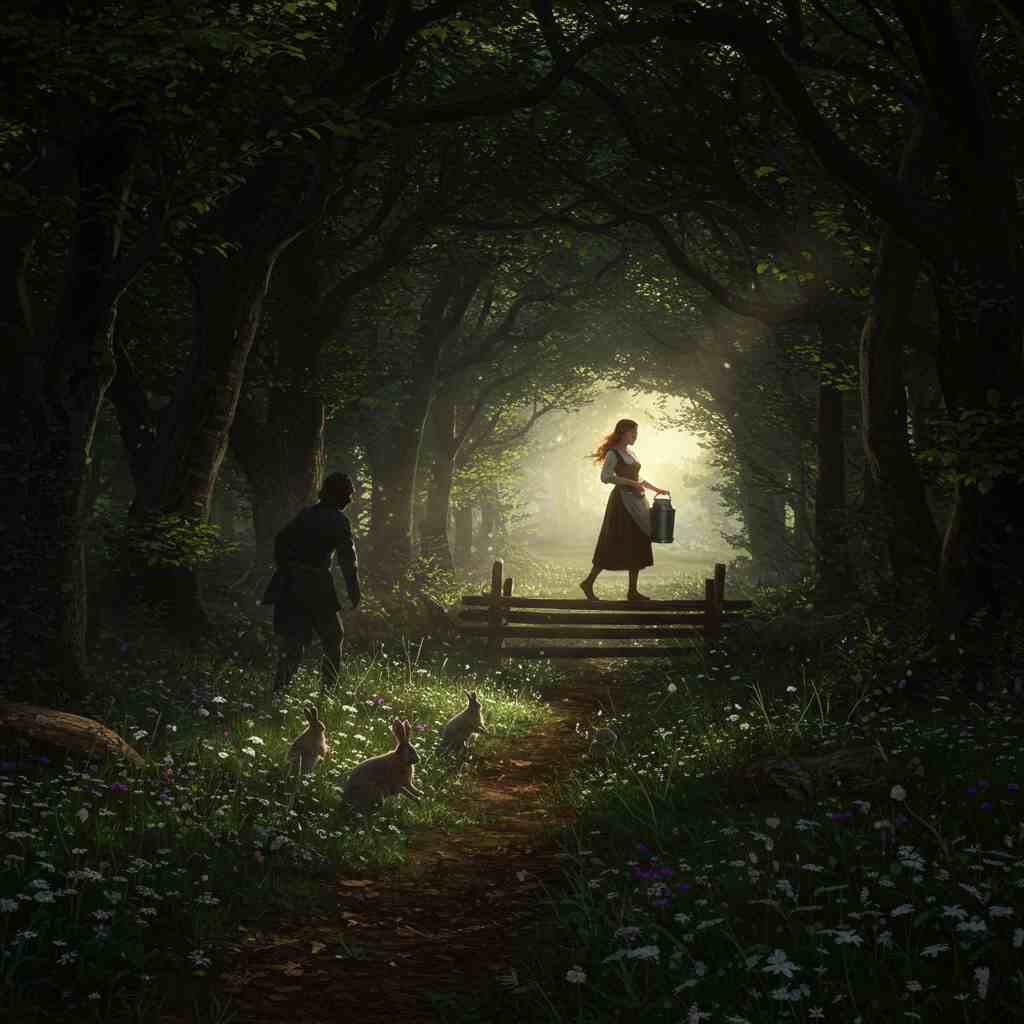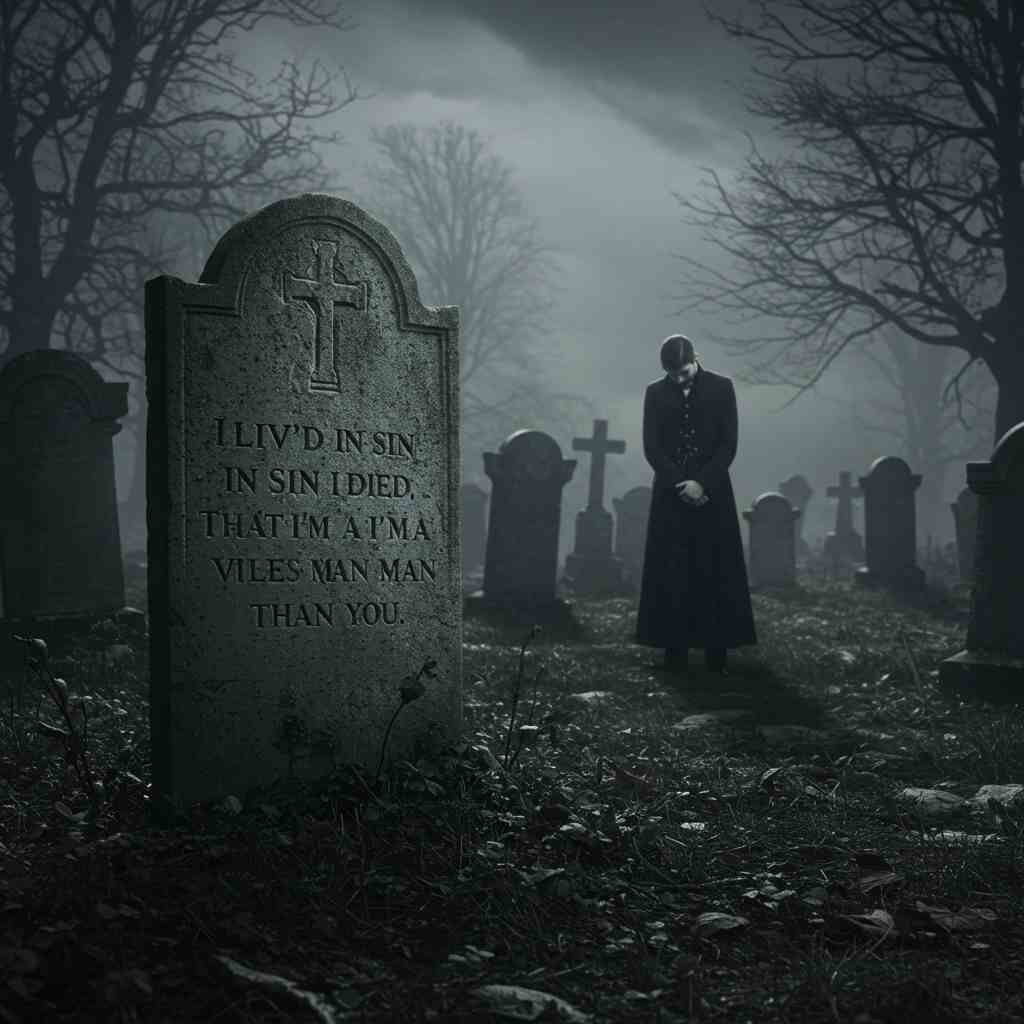6 Poems by John Clare
1793 - 1864
John Clare Biography
John Clare, born on July 13, 1793, in Helpston, Northamptonshire, England, stands as one of the most remarkable and tragically overlooked poets of the Romantic era. His life and work offer a compelling narrative of artistic genius emerging from humble origins, grappling with societal constraints, and ultimately succumbing to mental illness, all while producing poetry of extraordinary depth and sensitivity.
Born into rural poverty, Clare was the son of a farm laborer and an illiterate mother. Despite his limited formal education, which ended at the age of 12, Clare developed an insatiable appetite for reading and writing. The natural world of his native Helpston became both his muse and his subject, instilling in him a profound love for the English countryside that would permeate his entire body of work.
Clare's early life was marked by the dual pursuits of labor and learning. Working as a farm laborer, pot boy, and gardener, he simultaneously nurtured his poetic talents, often composing verses in his head while toiling in the fields. This intimate connection with the land imbued his poetry with an authenticity and attention to detail that set him apart from his more urbane contemporaries.
The publication of Clare's first collection, "Poems Descriptive of Rural Life and Scenery" in 1820, catapulted him to brief fame and brought him into contact with London's literary circles. This collection, celebrated for its vivid depictions of rural life and nature, established Clare as the "Northamptonshire Peasant Poet." However, this label, while initially beneficial in attracting patrons and readers, would later prove a double-edged sword, pigeonholing Clare and overshadowing the true breadth and depth of his poetic vision.
Clare's subsequent collections, including "The Village Minstrel" (1821) and "The Shepherd's Calendar" (1827), further showcased his keen observational skills and his ability to capture the rhythms of rural life and the natural world. His poetry was characterized by its precise imagery, innovative use of dialect, and a metrical freedom that often defied conventional forms. Clare's work stood out for its ecological awareness, prefiguring modern environmental concerns in its lament for the changes wrought by enclosure and agricultural "improvement."
Despite his initial success, Clare's life was marked by financial struggles, deteriorating mental health, and a sense of displacement. The enclosure of common lands around Helpston, which Clare vividly described and decried in his poems, symbolized for him a broader loss of connection to place and tradition. This theme of dispossession runs through much of his later work, reflecting both personal anguish and a wider cultural anxiety about the rapid changes of the Industrial Revolution.
Clare's mental health began to decline in the 1830s, exacerbated by financial worries, alcohol abuse, and the strain of trying to balance his literary ambitions with the demands of supporting a family. In 1837, he was admitted to High Beach Asylum in Epping Forest. It was during this period of confinement that Clare produced some of his most powerful and haunting poetry, including "I Am," a poignant exploration of identity and alienation that is now considered one of his masterpieces.
After a brief escape and return to Northamptonshire in 1841, Clare was committed to the Northampton General Lunatic Asylum, where he would spend the remaining 23 years of his life. Even in confinement, Clare continued to write, producing a body of work that ranged from nature poems to love lyrics, from political commentary to deeply personal reflections on his mental state.
Clare's poetry during his asylum years is notable for its raw emotional power and its often startling modernity. Poems like "An Invite to Eternity" and "A Vision" showcase a surreal, almost hallucinatory quality that anticipates later developments in poetry. His asylum notebooks also reveal a preoccupation with identity, as Clare sometimes wrote in the personas of Lord Byron or Shakespeare, blurring the lines between his own voice and those of his literary heroes.
Throughout his life, Clare's work was characterized by its intimate connection to the natural world. His poetry abounds with precise observations of flora and fauna, capturing the minutiae of rural life with a naturalist's eye and a poet's sensibility. This deep ecological awareness, coupled with his innovative use of language and form, has led many modern critics to reassess Clare as not just a "nature poet" but as a significant and original voice in English literature.
Clare's use of dialect and colloquial language was groundbreaking for its time, challenging the prevailing literary norms and asserting the validity of rural speech and experience. His poems often employ a conversational tone and rhythm that feels startlingly modern, prefiguring the work of later poets who sought to capture the cadences of everyday speech.
The tragedy of Clare's life lies not only in his personal struggles but in the long neglect of his work. After his death in 1864, Clare's poetry fell into obscurity, overshadowed by his more famous Romantic contemporaries. It wasn't until the 20th century that scholars and poets began to rediscover and reappraise Clare's work, recognizing its unique qualities and its relevance to modern concerns.
Today, John Clare is increasingly recognized as a major poet of the Romantic period, whose work transcends simple categorization. His poetry speaks to contemporary issues of environmental degradation, mental health, and the alienating effects of societal change. Clare's ability to give voice to the voiceless – be it the rural poor, the natural world, or his own fractured psyche – resonates powerfully with modern readers.
Clare's legacy is complex, encompassing both the beauty of his nature poetry and the searing honesty of his personal verses. His work challenges us to reconsider the boundaries between "high" and "low" culture, between sanity and madness, and between human society and the natural world. In doing so, Clare emerges not just as a poet of rural England, but as a profoundly universal voice, speaking to the human condition in all its complexity and contradiction.
As interest in Clare's work continues to grow, his place in the canon of English literature becomes ever more secure. His life and poetry offer a unique perspective on the Romantic era, one that extends and complicates our understanding of the period. John Clare stands as a testament to the power of poetry to transcend social boundaries, to give voice to the marginalized, and to capture the beauty and tragedy of the human experience in all its forms.
This text was generated by AI and is for reference only. Learn more
Username Information
No username is open
Everything is free to use, but donations are always appreciated.
Quick Links
© 2024-2025 R.I.Chalmers (V2Melody).

All music on this site by R.I.Chalmers (V2Melody) is licensed under a Creative Commons Attribution-NonCommercial 4.0 International License.
Attribution Requirement:
When using this music, you must give appropriate credit by including the following statement (or equivalent) wherever the music is used or credited:
"Music by R.I.Chalmers (V2Melody) – https://v2melody.com"
Support My Work:
If you enjoy this music and would like to support future creations, your thanks are always welcome but never required.
Thanks!







